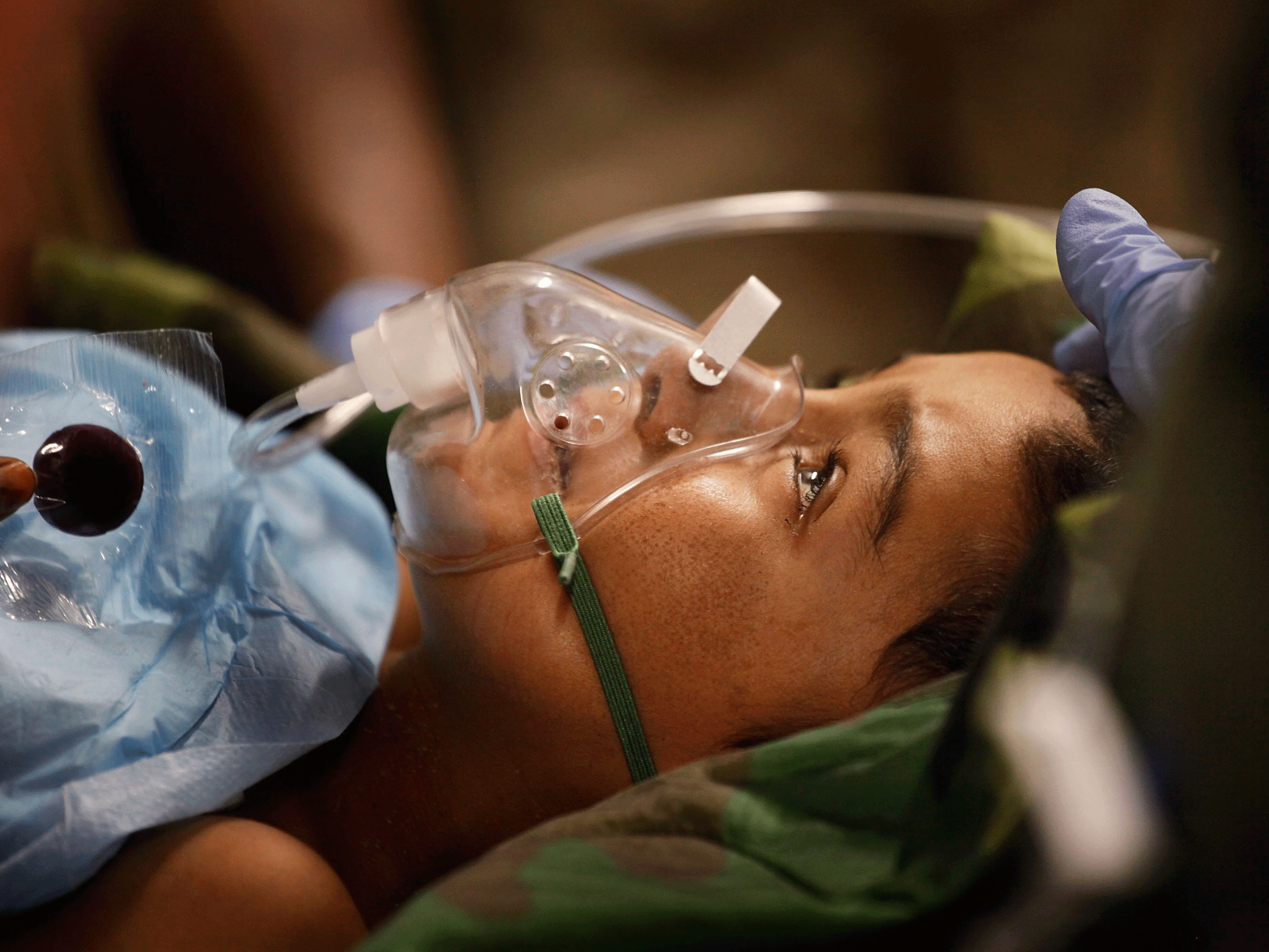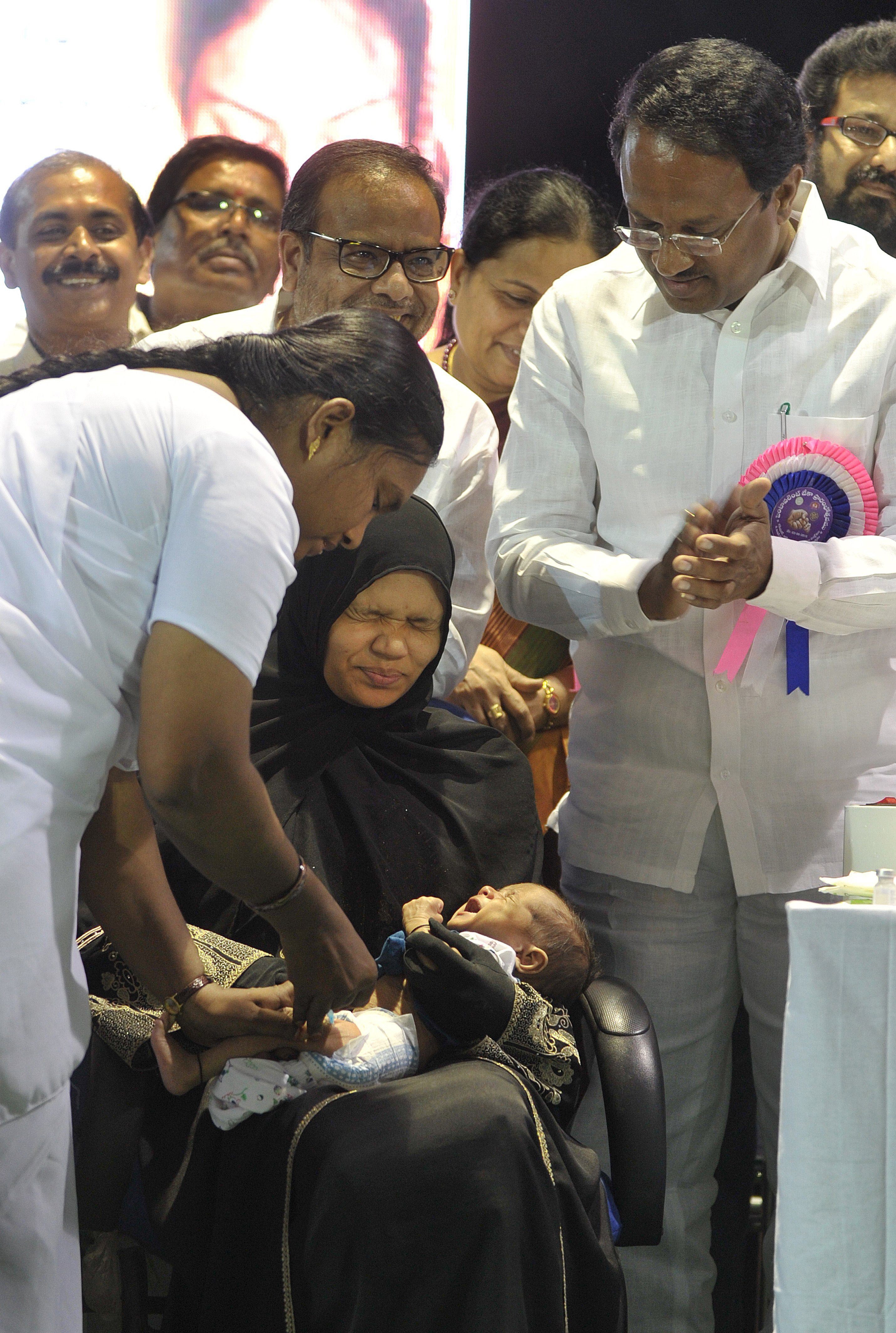India has eradicated tetanus as a killer of children and mothers, Prime Minister Modi announces
The disease once killed 800,000 babies a year but has now been eliminated as a public health problem

Tetanus has virtually been eradicated in India as a killer of infants and their mothers, Prime Minister Narendra Modi has announced.
Following a 10-year campaign in India, the disease, which killed almost 800,000 newborn children a year before the campaign started, has been almost eliminated.
Now, fewer than 15,000 children a year die from the disease in India. Cases of the disease now occur in less than one in 1,000 births, a rate which the World Health Organisation (WHO) considers an 'elimination' of the disease as a public health problem.
New mothers and young babies are particularly susceptible to the disease. It is usually passed to mother and child when the umbilical cord is cut with an unclean instrument.

The disease typically comes from a skin wound that has been contaminated with a disease called clostridium tetani, which is often found in dirt and soil. Giving birth on dirty surfaces or being helped by midwives with unclean hands can transmit the disease easily.
But in a huge immunisation and hygiene drive, known as the National Health Mission, the disease is no longer such a serious problem. Millions of expectant mothers in India received tetanus vaccinations, which also protected their babies when they were born.
And mothers who were giving birth at home were given kits which included antibacterial soap, a clean plastic sheet, and a sterile scalpel and clamp for cutting the cord.
An army of health workers, who were paid to give children vaccinations and to make sure that mothers went to clinics to give birth, also contributed to the dramatic fall in infant mortality.
India's Health Ministry received its certification from the WHO in June, but the announcement was postponed as it was thought that the Prime Minister should be the first to give the message to the nation, according to the Indian Express.
Join our commenting forum
Join thought-provoking conversations, follow other Independent readers and see their replies
Comments
Bookmark popover
Removed from bookmarks